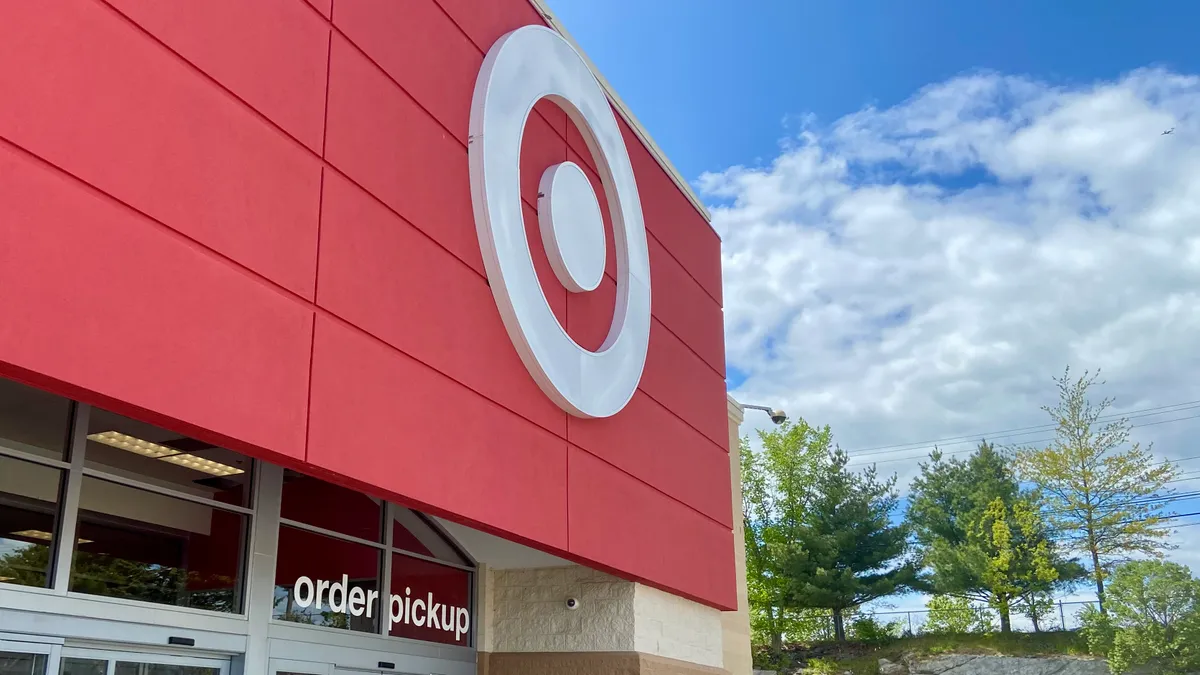Target released its annual sustainability report with packaging as a key focal point. While it introduced a consumer-facing program to help reduce waste, it also lost ground on a plastics reduction goal.
The report covers the period from January 2022 to January 2023. In March 2022, the company launched Target Zero, an initiative to advance zero waste solutions by signaling for consumers the products and packaging that are designed to be refillable, reusable or compostable; concentrated; made from recycled content; or made from materials that reduce the use of virgin plastic. More than 1,000 products, such as those from Burt’s Bees and Target’s household essentials brand Everspring, now bear the seal.
That program aligns with the goal to achieve zero waste to landfills in U.S. operations. “The threshold to be considered ‘zero waste,’ which Target adheres to, is normally set at a minimum of 90% diversion rate,” the report specified. Target reports diverting 83% of operational waste from landfills in FY 22, up from 80% in FY 21.
Target aims to have 100% of owned brand plastic packaging be recyclable, compostable or reusable by 2025, eliminating problematic plastics in owned brand packaging, and as of 2022 had achieved 22%.
It also has a goal to reduce the volume of virgin plastic in its own brands’ packaging by 20% by 2025 compared with a 2020 baseline. However, the company reported an 8% increase in virgin plastic use in 2022 against the baseline. It partly attributed the increase to global supply constraints, regulations, food contact requirements and cost. According to the report, Target is “applying lessons learned as we take necessary actions to reduce this number.”
“Reducing our plastics use will require industry-wide collaboration to create change at scale. Materials innovation to reduce plastic waste, improvements to recycling infrastructure and access, and availability of affordable recycled content will all be instrumental in meeting our goals,” the report said.
Along the lines of materials, Target aims to increase post-consumer recycled content in own brand packaging to 20% by 2025. In 2022, the numbers stood at 15%, up from 6% in 2021. The report said the company’s plastic bags contain at least 40% recycled content, and that Target is a part of the Consortium to Reinvent the Retail Bag, which aims to develop alternatives to the single-use retail bag.
Another goal is to explore at least five reuse programs by 2025 to reduce or eliminate single-use plastic packaging. Target launched two pilots in 2022 toward that goal: concentrated cleaning products from its own brand Everspring and a reusable bag pilot in New Jersey.

















